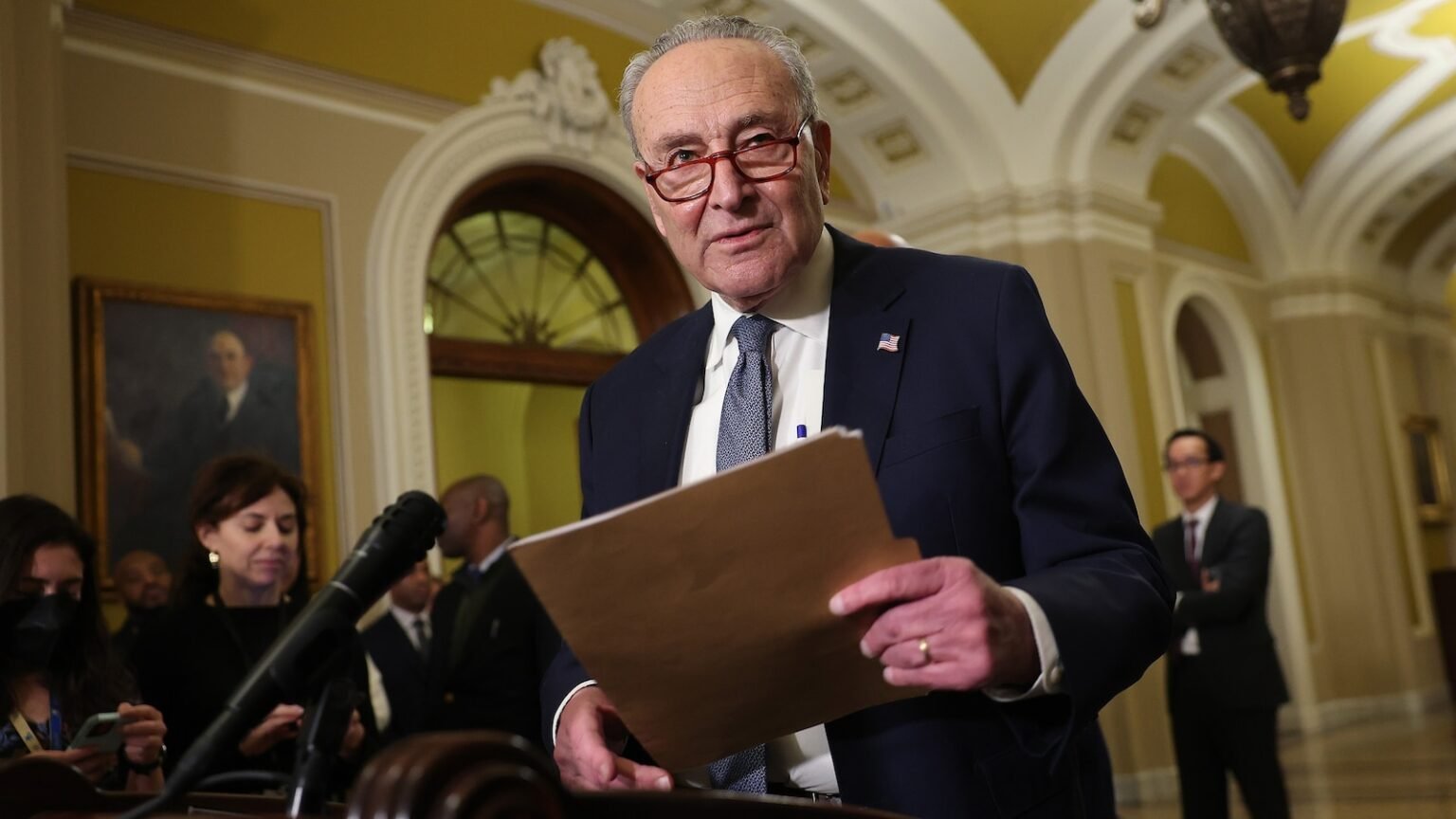In a final push, the Senate this week will try to pass legislation to provide full Social Security benefits to millions of Americans.
Majority Leader Chuck Schumer said Monday that he would push for a vote on the Social Security Fairness Act before the end of the week.
“We will vote and each senator will choose. Where do you stand? Do you stand for the public retirees who deserve their benefits, or do you blow this golden opportunity by blocking this bill?” Schumer said in a speech on the floor.
The closely watched legislation repeals provisions that limit the ability of some retirees who collect pensions to claim Social Security benefits. Those affected include retirees who once worked as firefighters, teachers, postal workers, police officers or other public sector jobs. The provision limiting benefits to the surviving spouses of such employees would also be removed.
The legislation already passed the House in November with overwhelming bipartisan support, but Congress must act this week to avoid having to start the process of passing the legislation all over again in the new year.
The bipartisan bill has 62 Senate co-sponsors, all but ensuring it will have the 60 votes it needs to pass the Senate filibuster.
He has strong advocates on both sides of the aisle.

Senate Majority Leader Charles Schumer speaks after the Senate’s weekly luncheon at the U.S. Capitol on Dec. 3, 2024, in Washington.
Kevin Dietsch/Getty Images
“It is unconscionable to punish Americans who have taught our children, protected our streets and gone into burning buildings,” said Sen. Bill Cassidy, the top Republican on the Senate Health Education, Labor, Pensions Committee, in a post about X. the month
But there is considerable concern among Republicans about the cost of the bill and the increased strain it could put on the already underfunded Social Security trust fund.
The Committee on a Responsible Federal Budget estimated that the bill would increase the deficit by $196 billion and increase the rate at which the Social Security trust fund becomes insolvent.
As a result, there may be challenges that limit our ability to expedite passage of this bill. And there is definitely a time constraint to consider.
The Senate has no shortage of things to accomplish in this final week of the duck session. Currently, the National Defense Authorization Act is being processed. Senators must also pass a government funding bill before the end of the week if they want to avoid a shutdown.
If the Social Security Fairness Act is challenged in a way that slows its passage, the Senate may have little time to do so.
It is not yet known when the Senate will vote on this law.

